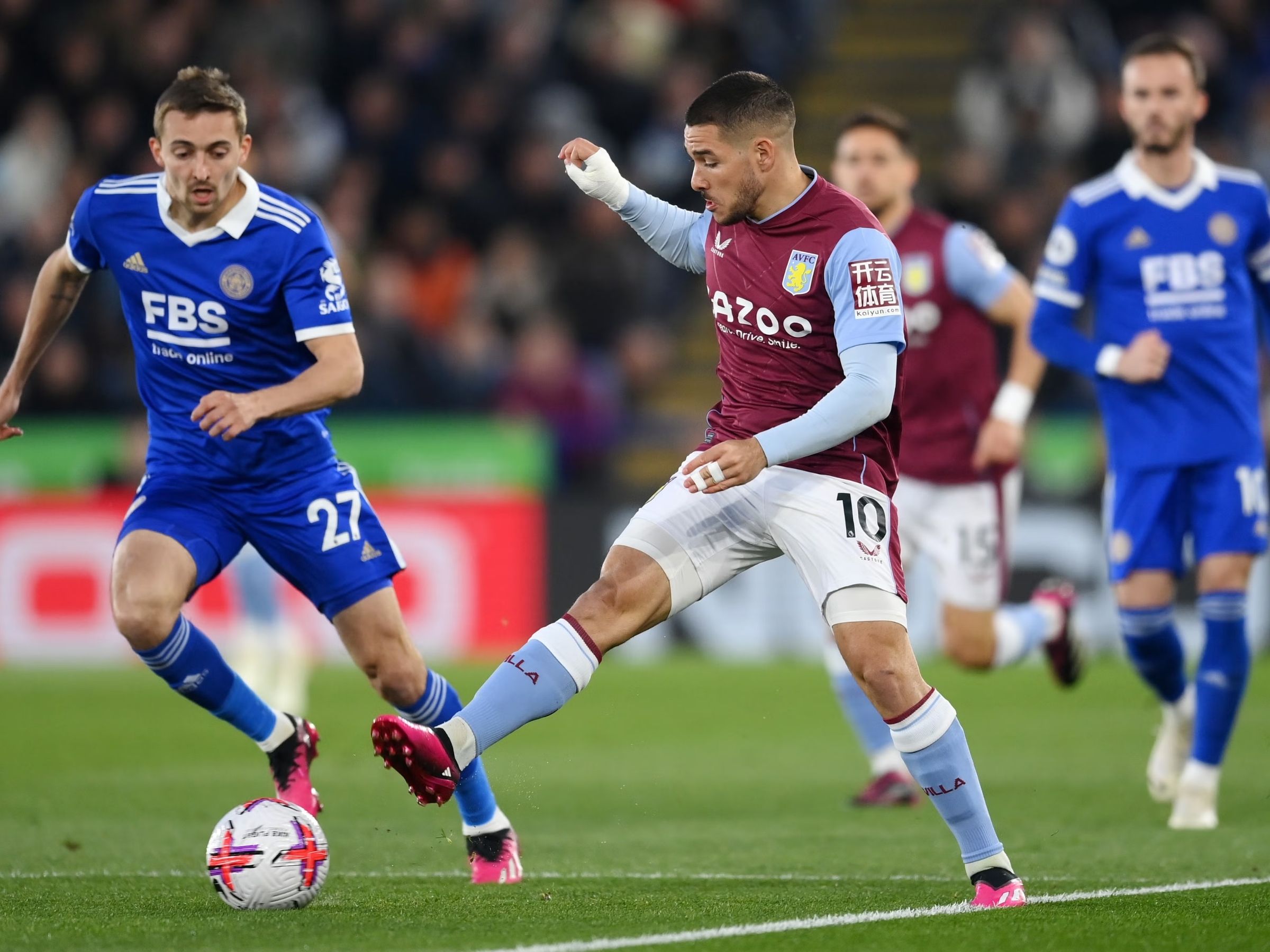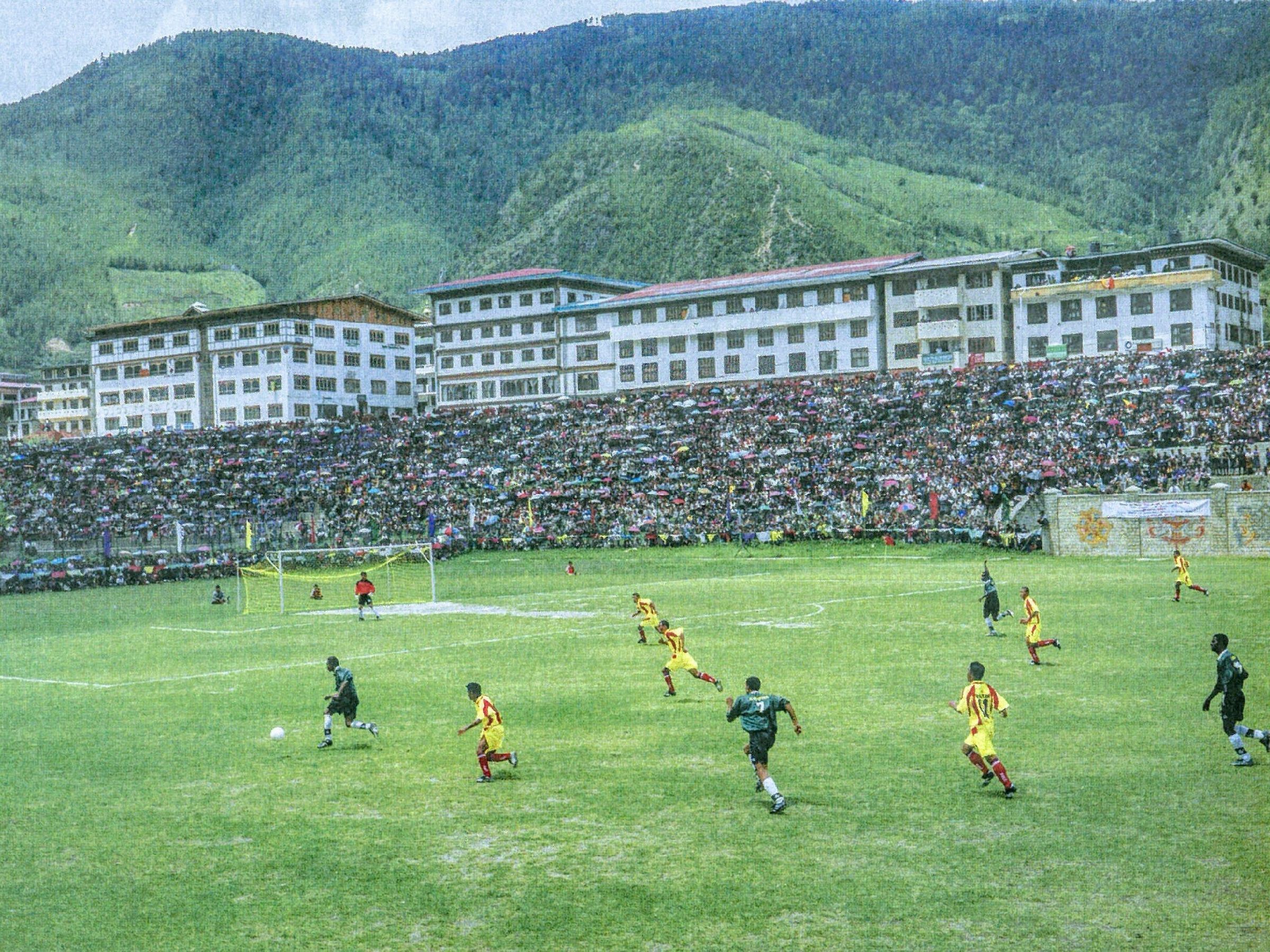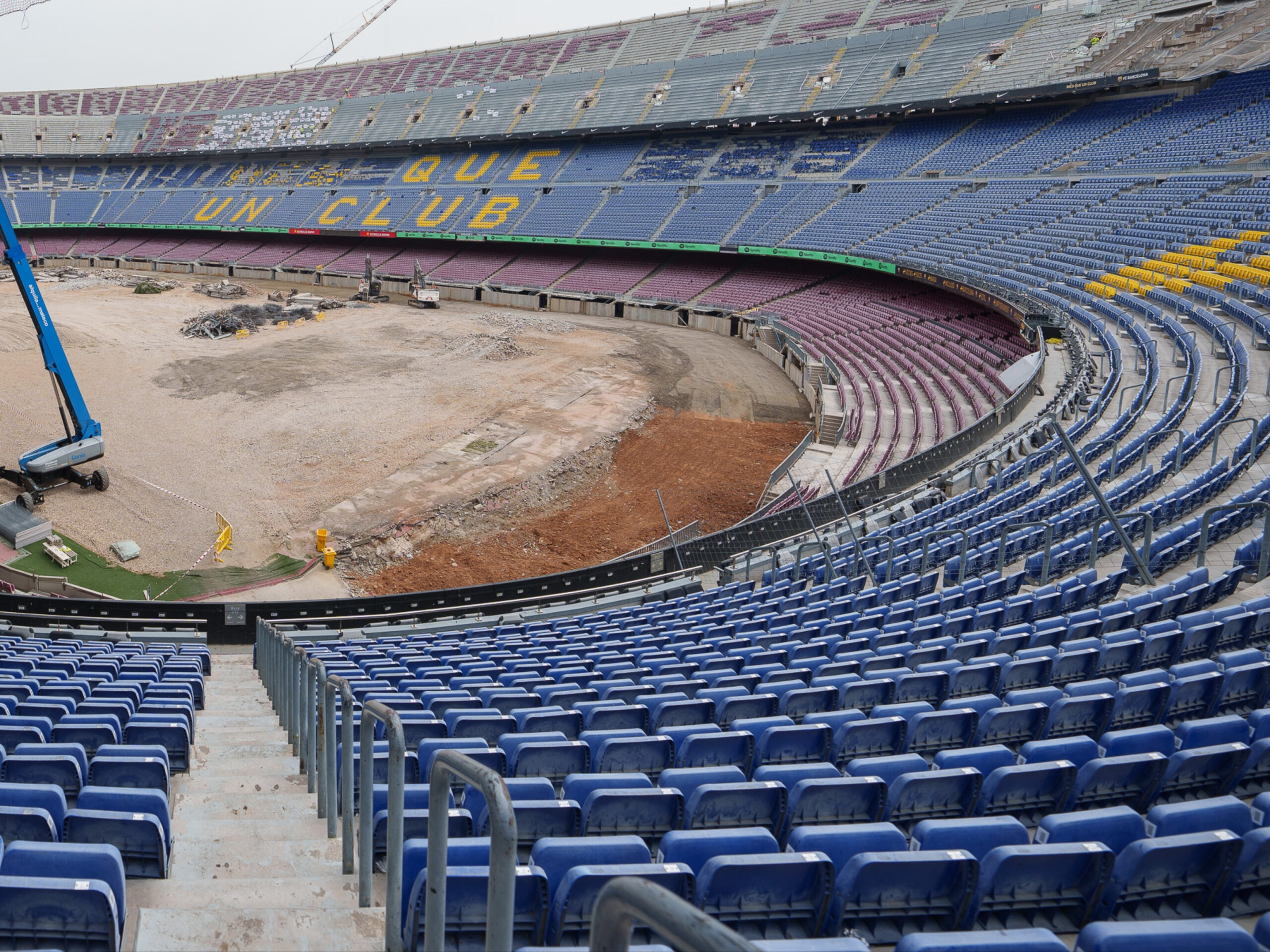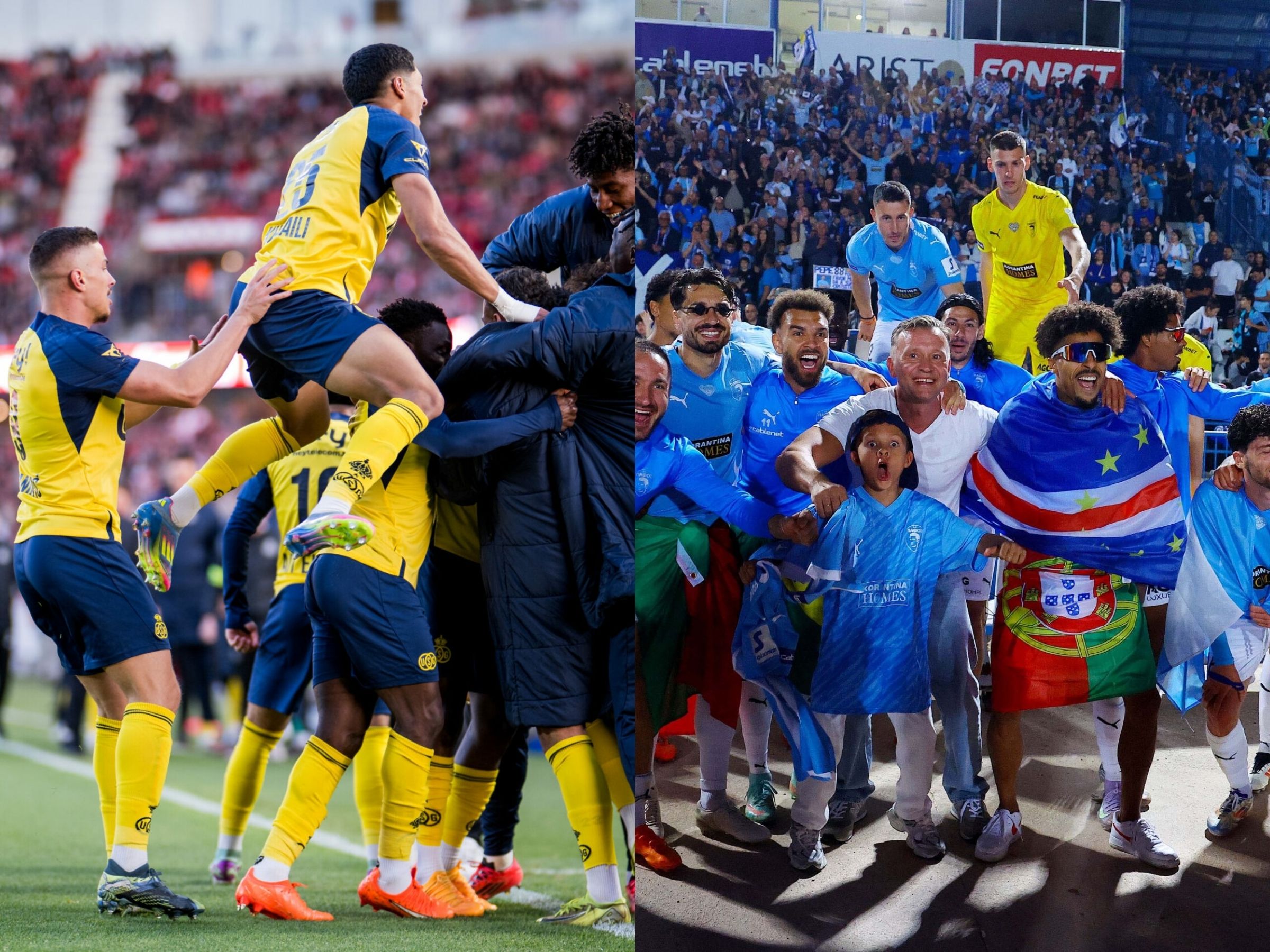A few years ago, if any club in Germany was expected to challenge Bayern Munich’s dominance, it was Borussia Dortmund. Backed by the loud and passionate Yellow Wall, they were perennial contenders, regularly finishing just behind Bayern.
But since early 2023, their decline has been dramatic. As of now, BVB sit 11th in the Bundesliga—a stunning fall.
This wasn’t a slow decline either. In 2021, Dortmund finished 3rd, followed by back-to-back 2nd-place finishes. With a young core of exciting talent, many believed it was only a matter of time before they ended Bayern Munich‘s monopoly.
Then came the first major setback. In 2023/24, Dortmund finished fifth. They still qualified for this season’s Champions League thanks to their run to last year’s final, which earned Germany an extra spot.
Now, however, they find themselves closer to the relegation zone than the title race. Out of 18 teams, they sit in 11th. So, what went wrong?
Missed Opportunities and a Talent Drain
For the neutral fan, Dortmund has always been an easy club to support. As perennial underdogs in the Bundesliga, they’ve built a reputation for punching above their weight.
Even during the Jürgen Klopp era, when they had stars like Robert Lewandowski, a prime Mats Hummels, and Ilkay Gündoğan, Bayern Munich remained the stronger side, as they have for almost all of Bundesliga history.
Yet, against all odds, Dortmund won the Bundesliga in 2011/12—an achievement that, in hindsight, would become the high point of the next two decades.
It wasn’t a matter of declining quality. Dortmund continued to produce and attract top talent. But their biggest issue was retention. Year after year, their best players left for bigger clubs, often to Bayern or top teams abroad.
Ousmane Dembélé, Jadon Sancho, Erling Haaland, and Jude Bellingham all followed the same path—flourishing at Dortmund before departing for record fees.
This cycle has left Dortmund stripped of true star power.
While they still develop promising talents, their inability to keep them long enough to mount a sustained challenge has turned them from Bayern’s biggest threat into a club constantly rebuilding—without a foundation to finally take the next step.
Almost Is Never Enough
You don’t light the cigar until the fat lady sings. Dortmund have prepared plenty over the years, only to watch them go unlit. Even when the moment was theirs to seize, they faltered. Even when Bayern stumbled, Dortmund tripped over their own feet. For their fans, it’s been a relentless cycle of hope turning into heartbreak.
No moment summed this up more than the 2022/23 season. With Bayern struggling, Dortmund had the Bundesliga title in their own hands. All they had to do was win their final game at home against Mainz.
But when the pressure was at its peak, they choked—settling for a 2-2 draw. Bayern, who had spent much of the season in disarray, snatched the title with a last-minute winner elsewhere.
Unbelievable scenes in Germany. Massive choke from Dortmund and Bayern showing why they the greatest club in Germany. Musiala with the 89th minute league winner ⭐️
— BorasLegend (@ivanlapanje) May 27, 2023
That failure wasn’t just a lost trophy; it was a defining moment that created a losing culture. It sent a message that Dortmund weren’t built for the big occasions. And in football, perception matters.
Star players don’t want to stay at a club where winning feels like an illusion. Instead of becoming a true powerhouse, Dortmund became the team that always got close—but never got to light the cigar.
Poor Signings and Unproven Managers
Dortmund are always among the busiest clubs in the transfer market, constantly reshaping their squad. The same goes for their managerial choices—plenty of names have come and gone, but few have truly left a lasting impact. While some hires showed promise, none could turn Dortmund into a long-term force.
Take Peter Bosz, for example. Brought in for his attacking philosophy in 2017, he lasted just six months, undone by defensive frailties and a disastrous run of form. His successor, Lucien Favre, seemed like the right fit, delivering exciting football and a second-place finish in 2018/19. But when it came to taking the final step, his Dortmund side lacked the mental steel to truly challenge Bayern.
Then came Marco Rose, who was meant to usher in a new era. Instead, he lasted just one season, failing to bring consistency despite a squad full of talent.
Most recently, Edin Terzić returned—first as an interim hero in 2021, leading Dortmund to a DFB-Pokal triumph. Given the full-time job in 2022, he had two golden chances to cement his legacy. First, in the 2022/23 Bundesliga title race, where Dortmund only needed a final-day win to be champions—but collapsed under pressure.
Then, in 2023/24, he led an unfancied Dortmund side to the Champions League final, only to fall short again.
Terzić was a fan favorite, but he was never the long-term solution. His tenure, much like Dortmund itself in recent years, was defined by coming close—but never quite enough. And as history shows, without the right manager to provide stability, Dortmund will remain a club in transition, always rebuilding, always chasing, but never arriving.
The 2024/25 Season: Dortmund Drifting as Leverkusen Rises
As Dortmund struggle, a new force has emerged in German football—Bayer Leverkusen. While BVB sit in 11th, adrift in the Bundesliga midfield, Leverkusen have taken up the role Dortmund once aspired to. Not only did they break Bayern’s dominance last season by winning the Bundesliga, but they are proving it was no fluke by mounting another serious challenge this year.
Leverkusen’s rise hasn’t been accidental. It’s been a masterclass in recruitment and managerial vision. Under Xabi Alonso, they have built a side that blends experience with youth, balancing tactical discipline with attacking flair.
Their signings have been sharp and deliberate—players like Florian Wirtz, who has blossomed into one of Europe’s finest young midfielders, and Granit Xhaka, whose leadership has given them steel in the middle of the park.
Defensively, they secured smart additions like Edmond Tapsoba and Jonathan Tah, forming a backline that can withstand pressure while still playing out from the back.
Should Borussia Dortmund miss out on Champions League qualification, the club is planning one big sale to make up for the financial losses and become active on the transfer market.
Players who could be considered: Jamie Gittens, Karim Adeyemi or Gregor Kobel.— BVB Newsblog (@bvbnewsblog) February 11, 2025
Alonso’s impact has been undeniable. His tactical intelligence has transformed Leverkusen into a team that controls games with precision, capable of grinding out results when needed but also dismantling opponents with fluid attacking play. Last season, when the opportunity arose, they seized it—winning the Bundesliga with a ruthlessness Dortmund have sorely lacked. And now, they’re proving their success wasn’t a one-off.
Dortmund, on the other hand, are in disarray. A team once seen as Bayern’s biggest challengers now looks lost. Their summer signings haven’t provided the necessary spark, and tactically, they seem devoid of a clear plan. Instead of competing for titles, they find themselves hovering aimlessly in mid-table.
The contrast between the two clubs couldn’t be starker. While Leverkusen have stepped up and delivered when it mattered, Dortmund remain stuck in the cycle of rebuilding—once again searching for an identity, once again watching from the sidelines as someone else takes the spotlight.





